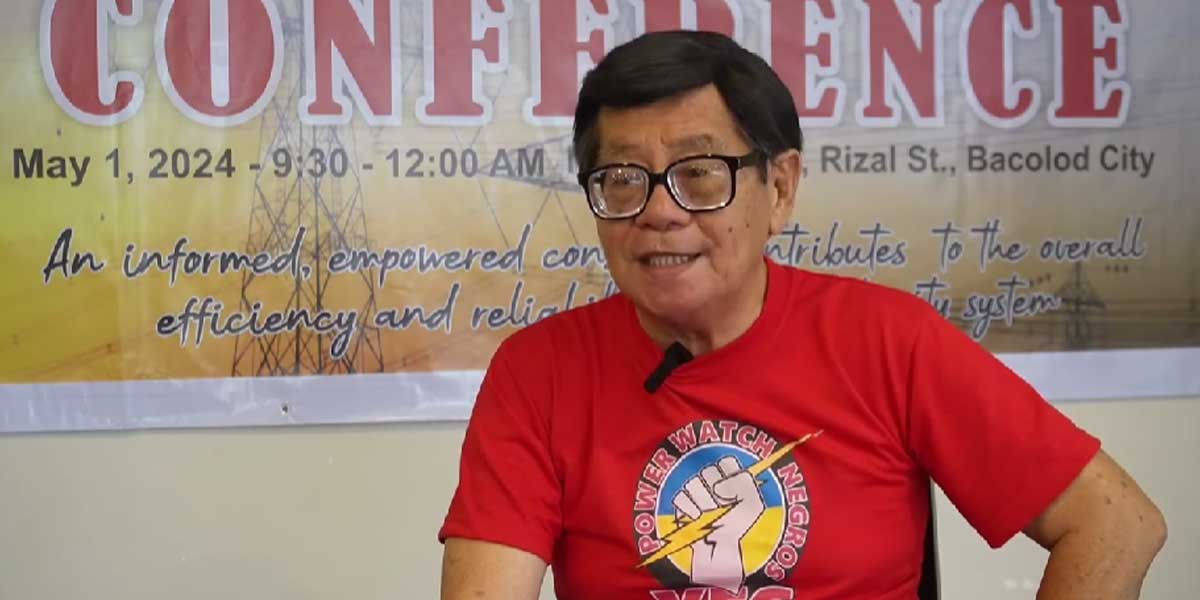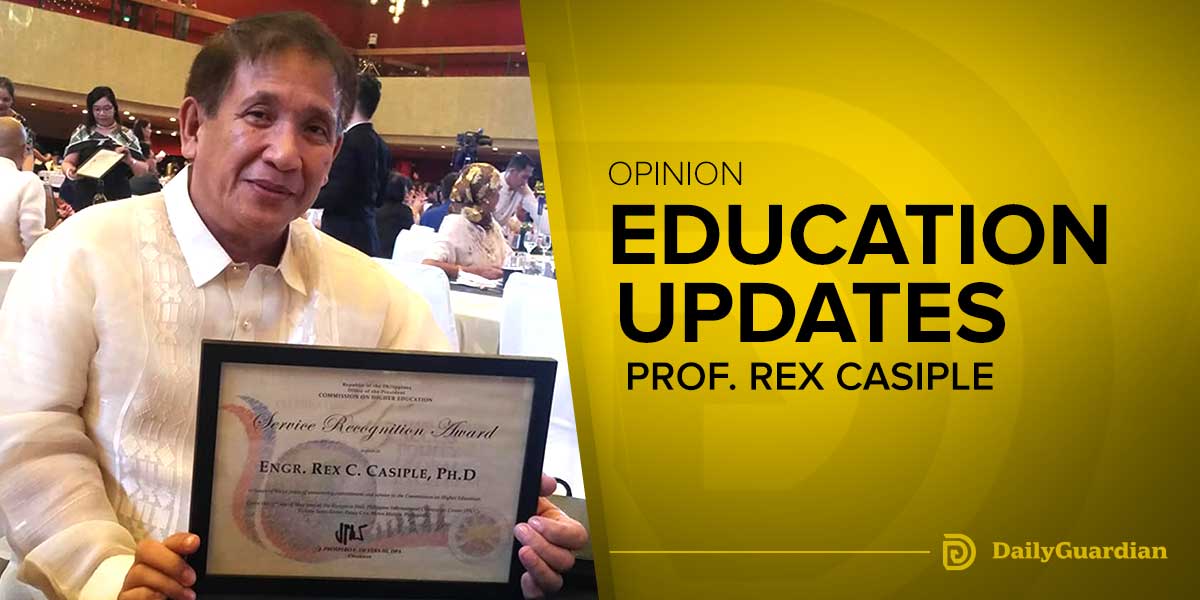 By Modesto P. Sa-onoy
By Modesto P. Sa-onoy
Last Tuesday, a friend sent a video with the song, Dalawidaw which was sung by the Madrigal Singers and a choir in Singapore. Earlier, a mother told me that her daughter in Norway also heard the song there, but it had a minor mistake in the lyrics which she immediately corrected. I have not heard the other versions.
We had been receiving several messages about this song. One comment in Goggle was that the English translation does not capture the essence of the song while some video presented photographs that interpreted the lyrics literally. Thus, the “hublas mong larawan” part showed a nude though of a painting. This is the kind of interpretation that even years ago made the prudish avoid the song.
I checked with Goggle and it also made a mistake when it claimed that the late Congressman Augurio Marañon Abeto who wrote the lyrics was from the Province of Iloilo. Although his family was from Manduriao Iloilo, he was from Binalbagan, Occidental Negros, where he served as mayor at the outbreak of World War II and the years thereafter until he was elected to Congress in 1949.
Abeto belonged to the breed of noted Ilonggo writers during the Golden Age of Hiligaynon literature (1920-1940), most of whom were from Iloilo. He was an essayist, a poet and a novelist who wrote in weekly publications in Iloilo that also circulated here in Negros. This is the reason perhaps that he is included among the writers of that province. He was declared a “Prince of Hiligaynon Poetry”.
Almost everybody considers Dalawidaw a love song with its lilting, waltz tempo and lyrics that speak of love and intimacy. The fact is that only the first four stanzas had been popularized and immortalized among the Filipino classics. There are 14 stanzas. The music of Abeto’s poem was arranged reportedly by Maestro Restituto P. Ratilla but the original composition was by the lyricist’s friend, Rodolfo “Oping” Villa. Abeto and Villa had composed other songs.
When World War II broke out and before the Japanese landed in Negros in May 1942, he evacuated his government to the Biao mountains that he renamed Verobina Hills. That was a good move because when the Japanese arrived in Negros, they compelled all the local officials to support them logistically. The Japanese lived on the land they conquered. Abeto denied them this opportunity. The invaders never set foot in Biao.
When the USAFEE was disbanded, the battalion under the command of Captain Salvador Abcede who later became the island commander, tarried with Abeto for a while to escape the Japanese. After the war, Abeto went down to Binalbagan but by then his Dalawidaw had become a very popular song.
As a love song there is no question – it did strike a chord in every heart, but its allegory was lost. To understand this, we must know when and why it was written.
Dalawidaw is an allegory written on November 15, 1942 at the evacuation place in Biao, Binalbagan, to commemorate the seventh anniversary of the Philippine Commonwealth under which he was elected Mayor.
The first four stanzas of this poem speak of love and intimacy but there is the “alibangbang nga labing makahas” (predatory butterfly) that tried to suckle the honey of the petals of the flower. This butterfly is the third character in this poem that tried to destroy the intimate relationship of the two lovers.
As he explained this allegory, the two lovers who sealed their love were the United States and the Philippines, but the predator, the invader Japan tried to takeover. Seen in the context of the war, this allegory is best understood for the message that most, if not all, failed to see. The fault here is that the entire poem was not seen by the public to be able to understand the message which became clear at the end.
In the struggle between the lovers and the predator, the poet saw the pains and difficulties of their relationship because the predator also offered to love the forest nymph whose song is like that of the bird, Dalawidaw. The rest of the poem is this three-cornered struggle, but in the last line, the poet declared that his unblemished love had been offered to his country (ang putling gugma ko sa banwa ginhalad). This was a rejection of Japanese enticements.





















